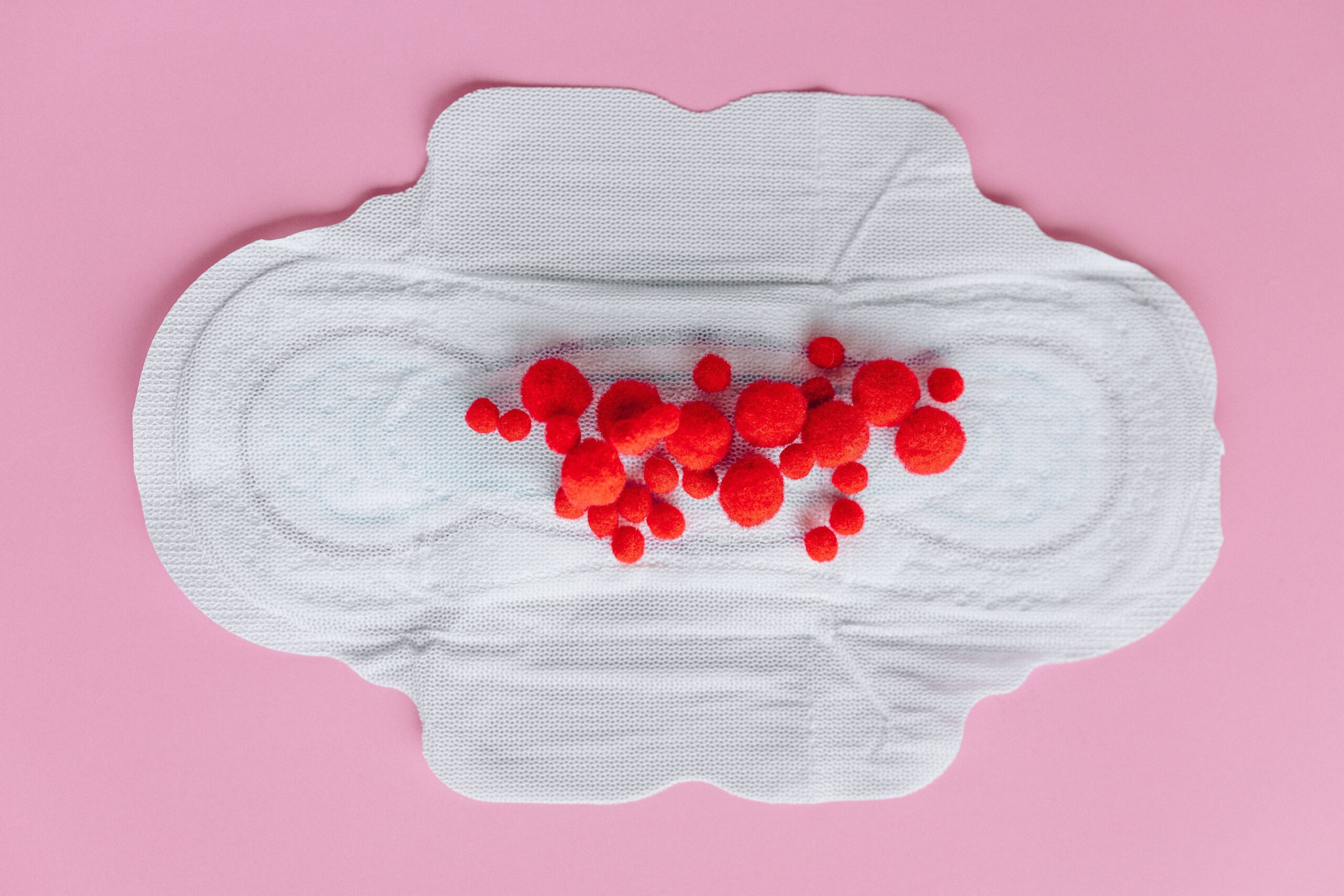The menstrual cycle is a natural, recurring phenomenon in a woman’s life. It is often accompanied by its share of myths and misconceptions. One myth is that sex can bring a woman’s period down.
The concept of sexual intercourse influencing a woman’s period is an old wives’ tales, but is it true? According to Gabrielle Julien, registered nurse it’s not impossible.
“It is possible sex can bring down your period, especially after you orgasm. It can happen closer to the date you begin your period,” Julien reveals.
“The contractions from an orgasm can help dilate our cervix, also contributing to the shedding of the uterine lining. This even applies to masturbation since you don’t need a partner to have an orgasm,” she continues.
Julien is a board-certified registered nurse currently attending nurse practitioner school, pursuing her Master’s in Psychiatric Mental Health. She’s been practicing as a nurse for nearly a decade and has experience in ER, postpartum, ICU, ICU stepdown, and Recovery. She spoke with 21Ninety about the link between sexual intercourse and menstrual cycles.
Do Orgasms Affect Your Period and Its Duration?
Since we now know that sex doesn’t cause your period to come early without an orgasm, let’s focus on the “Big O.”
The relationship between orgasms and the menstrual cycle is a subject often clouded by speculation. Scientifically, orgasms don’t directly impact the duration of a woman’s period. While orgasms may lead to uterine contractions, these contractions are distinct from the shedding of the uterine lining that defines menstruation.
“I haven’t read or heard that an orgasm can affect your menstrual cycle,” Julien shares. “During my experience as a nurse, you can bleed during sex that’s not close to the time of your period. Sometimes, that blood can be from the friction of intercourse or other attributing factors such as hormone level changes, infections, or cancer.”
She also noted that individual experiences might vary, and any perceived changes in menstrual patterns after orgasms are likely coincidental or influenced by other factors.
Bleeding After Sex
Bleeding after sex, medically known as postcoital bleeding, can be attributed to various factors. For instance, one cause is cervical ectropion, where the cells from the cervical canal extend to the outer surface. This condition makes the cervix more prone to bleeding, particularly during or after sexual activity.
“If you notice bleeding right after sex, it doesn’t necessarily mean it’s your period. It can possibly be your period, depending on what time of the month it is for you. Still, it can also be a result of vaginal dryness or irritation, hormonal changes, inflammation, infection, or cervical problems,” Julien suggests.
However, Julien explains that 20% of women have experienced some form of bleeding after sex.
“After a week of unusual bleeding, that would be called ‘abnormal uterine bleeding.’ Under that umbrella is bleeding after sex, bleeding 12 months or more after menopause and or changes in your menstrual duration, frequency, and flow,” she mentions.
“Also. under that umbrella of ‘abnormal uterine bleeding,’ there are hormonal changes that could contribute to bleeding after sex or before, sometimes pregnancy, infection, etc.,” she adds.
Julien recommends consulting with your OB-GYN if you’re bleeding more than seven days after or during sex.

